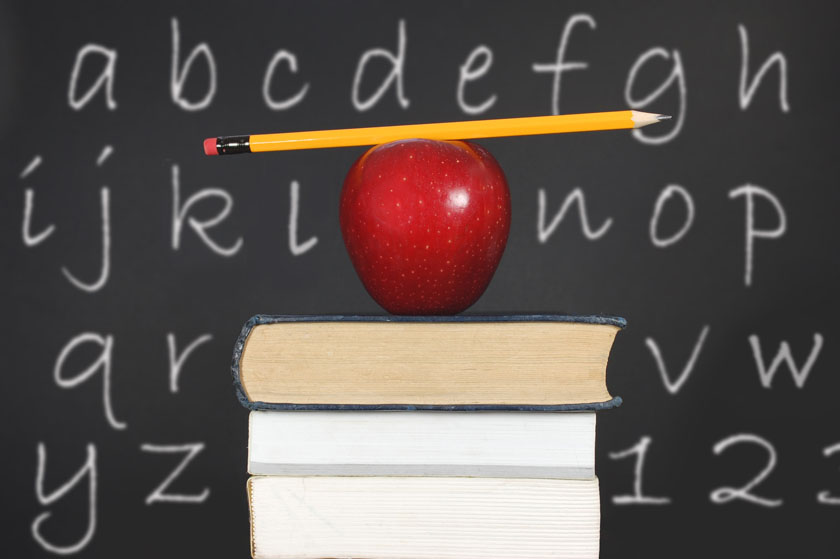Special Education

Special education is referred to as “special” for more than one reason. Not only are the students and their unique needs certainly special in light of the scope of academic talents, but the people who are willing and patient enough to acquire these degrees and work with special education students are certainly deserving of this title as well. Standard education classes in elementary and secondary schools focus a great deal of time on curriculum and teaching methods; special education places proper importance on these topics but also focuses an uncanny percentage of devotion toward understanding students, their possible limitations, and their behaviors. The schools listed here can help you with reach your special education degree goals.
Why Choose Special Education?
Individuals with degrees and certification in special education approach teaching from a wide perspective. Students within typical public school special education programs represent a diverse array of learning disabilities. Some students are highly competent and independent, possessing only slight limitations that still allow them to operate in normal academic settings. Teachers for these students merely monitor them from a distance, collecting reports from their instructors and keeping track of any downward trends. In these cases, special education teachers will like to have the title of “case manager” attached to their profile, and this makes them responsible for helping the student succeed and communicating between teachers, parents, counselors, and administrators when necessary.
At the other end of the spectrum, certain students might require individual attention due to their learning or behavioral disabilities. In these cases, special education teachers will provide a much more hands-on approach, directly instructing and supervising students through each day, responsible for not only their academic progress but also their social progress. In between these extremes lies the wealth and diversity of students’ special education needs and the legal regulations that accompany them. Earning a special education degree means not only obtaining proficiency in teaching methods, but also learning about students’ behaviors, students’ legal rights, and administrative policies that ensure special education students acquire the maximum education they can. Individualized Education Plans, 504 policies, and diagnostic methods are all part of a special educator’s repertoire of tools they use to target the learning needs of each individual student.
Special education instructors frequently take one of two routes to the classroom. Some obtain a specific degree as a special educator; others obtain a degree in another field of education, like English for example, and then separately pursue special education certification. Some areas in the country are desperate for new, invigorated teachers to fill their classrooms. The majority of the country, however, represents a very competitive field for English, History, Science, and Math teachers.
One of the few areas of education that is in high demand from elementary through secondary schools is special education. New laws are passed and new diagnostic methods are developed every year that compels districts to expand their special education services. This means that a special education certification highly increases any teacher’s chances of getting their foot in the door, even in competitive districts. The types of tasks, curriculum, and students will vary from district to district but requirements remain the same. A special heart and a special attitude remain the quintessential characteristics for anyone interested in pursuing a special education degree.
